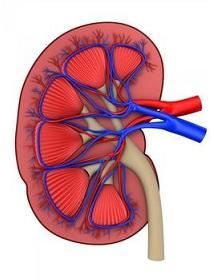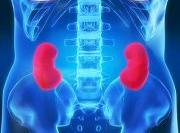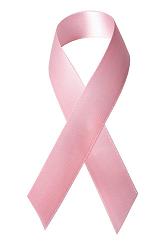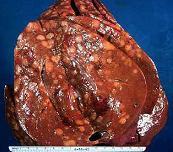Renal Failure Causes, Signs & Symptoms, and Treatment
posted by: Rio Dianne
 The bean-shaped organs, the kidneys, are among the vital organs of the human body. Their primary job is to make sure that the toxins, waste products, and other harmful organisms are eliminated in the system. Moreover, minerals such as calcium, sodium, and potassium are regulated by the kidneys.
The bean-shaped organs, the kidneys, are among the vital organs of the human body. Their primary job is to make sure that the toxins, waste products, and other harmful organisms are eliminated in the system. Moreover, minerals such as calcium, sodium, and potassium are regulated by the kidneys.
However, several problems concerning the kidneys like kidney infections and stones occur as a result of people’s negligence in caring for the said organs. While some disease including the renal system may be treated immediately, worst case scenario may be seen as renal failure. Learn more about renal failure causes, signs and symptoms, and treatment by reading the entire article below.
What is Renal Failure and What Causes It?
Renal failure happens when the system loses the ability to excrete waste and concentrate the urine in the human body. There are two types of kidney failure – acute and chronic. Each type has different causes. But generally, some of the major reasons for its occurrence include the following:
- Infections
- Long term use of some medications
- Kidney stones
- Glomerulonephritis
- Diabetes mellitus
- High blood pressure
Signs and Symptoms of Kidney Failure
Most of the times, the condition may progress without manifestation of symptoms not unless the condition has progressed to stage 4 or end stage renal disease. Although the symptoms may differ, some of the general warning signs include:
- Either there is an urge to urinate frequently at night or decrease urine output
- Fluid retention in the legs and the eyes
- Elevated blood pressure
- Easy fatigability
- Bruising easily
- Loss of appetite and weakness
- Shortness of breath
- Altered mental state
- Flank pain
When such manifestations are seen, it is important that you seek medical attention immediately to undergo laboratory testing including – Urinalysis, BUN, Creatinine, glomerular filtration rate (GFR) and blood chemistries test. Ultrasound, CT scan and MRI are also part of diagnostic tests which can tell whether there is unusual blockage in the renal tract.
How to Treat Renal Failure
Unfortunately, there isn’t any cure for chronic renal failure. Instead, treatment options are aimed to slowing down its progression, preventing possible complications, and treating underlying cause. For instance, kidney transplant may be required provided that patients make a good candidate for the surgery. Dialysis is also a part of treatment plan for the condition.
Medication wise, diuretics and angiotensin converting enzyme (ACE) inhibitors are given to control high blood pressure. Other home remedies may also be performed alongside medical treatment. Some of them include:
- Diet modification which should be high in carbohydrates, but low in salt, potassium, and protein.
- Losing excess weight
- Smoking cessation
Interventions should be discussed with your health care provider to ensure that you are guided during the course of disease. Stay healthy!
You might also like
|
|
|
|
|




